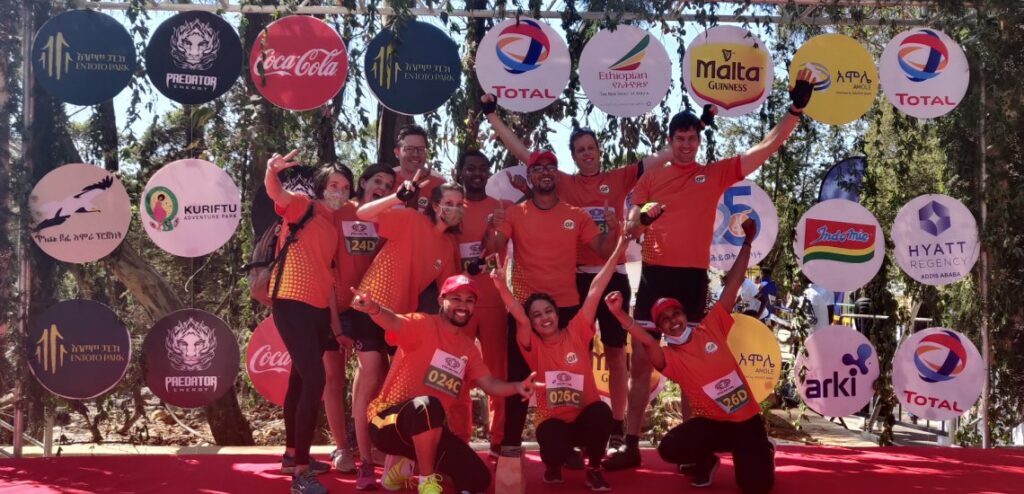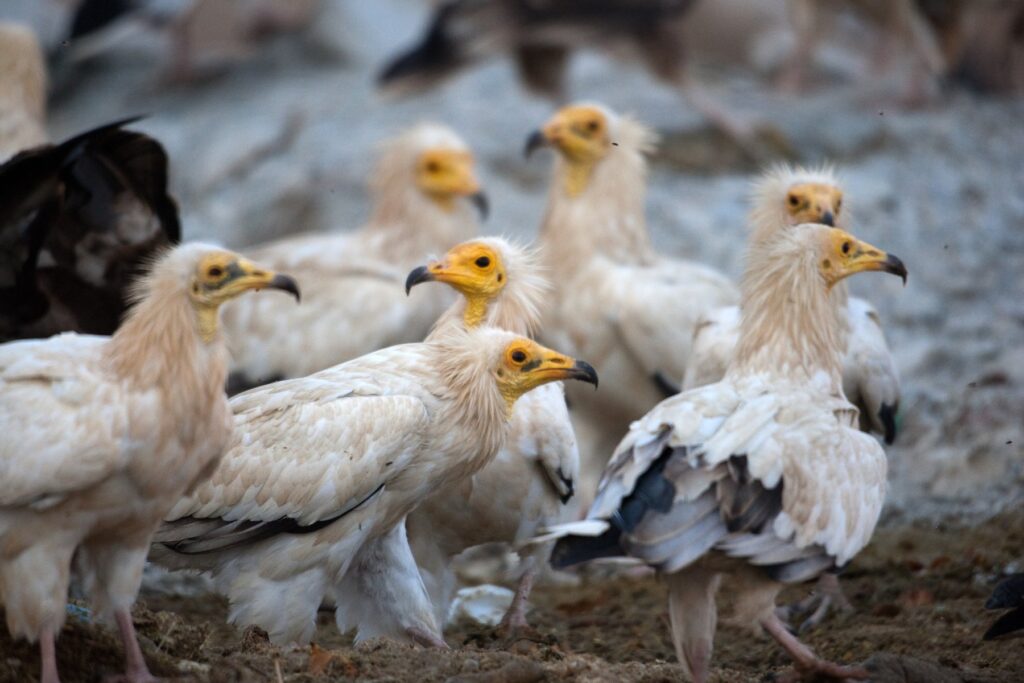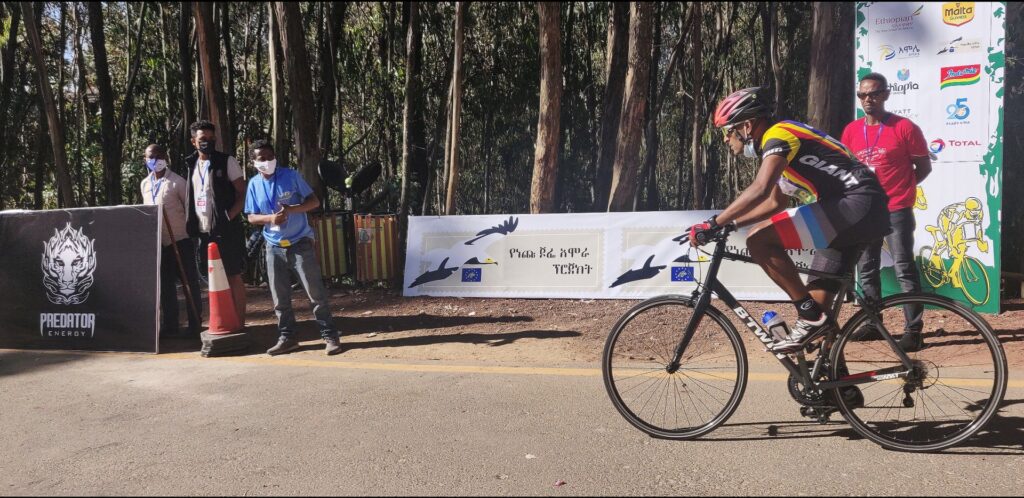Great Ethiopian Run 2020 supports bird conservation in Ethiopia

By Iordanka Goranova
The Great Ethiopian Run (GER) is the one of the world’s most famous marathon initiatives. Since its inception in 2000, GER has staged over 100 races in different parts of Ethiopia, with thousands of participants and an audience base of another five million. In 2013, GER become the first ever winner of the Social Award of the Association of International Marathons and Distance Races. Additionally, GER won the “Best International Running Event” award of The Challenge Awards in 2019. In 2020, the Egyptian Vulture New LIFE project began supporting GER as part of the Mile for the Egyptian Vulture campaign to lobby for bird-safe energy infrastructure in Ethiopia. The idea behind this support was to associate the extreme efforts of marathon runners with the perilous journey migratory birds undertake, in order to generate public empathy and mitigate threats along the flyway. Electrocution and collision with powerlines have been identified as major causes of mortality among birds, killing millions of individuals every year. In Ethiopia, many powerlines have dangerous designs that puts birds at risk. In 2019, 31 dead vultures were found under just two small powerlines in Eastern Ethiopia. Every year, more than 2000 Endangered Egyptian Vultures gather in Eastern Ethiopia to roost. Consequently, the power line infrastructure in this region may have a devastating impact on their global population.

Vultures provide vitally important ecosystem services by cleaning up carcasses and other organic waste from the environment, a service that translates into significant health and economic benefits. In the absence of vultures, carcasses take much longer to decompose and thus are likely to spread more diseases. However, Africa’s vultures are currently in sharp decline, and are the most threatened group of birds on the continent. Under the National Electrification Program, Ethiopia will build thousands of new power lines in the next five years which could wipe out vultures in the country. However, the risk of electrocution can be completely eliminated if a bird-safe pole design is used. Safe powerlines will inevitably result in direct benefits to energy suppliers and consumers, too.
Owing to the COVID-19 pandemic, the 20th edition of the GER scheduled for Sunday 15th November 2020 was postponed to January 10th 2021. However, GER organizers held a smaller event on 15th November to commemorate the GER’s 20th anniversary. About 200 people, including 120 bikers congregated at the newly-opened Entoto Natural Park in Addis Ababa for the first ever Run-Bike Relay, contested by 29 teams comprising of 4 team members and covering a total distance of 20 km. Three government ministers attended the event, including the Head of Tourism Ethiopia, the Transport Minister, and the State Minister for Culture and Tourism. They were accompanied by three of Ethiopia’s top athletes including the recently-crowned London Marathon winner Shura Kitata, Mosinet Geremew, and Ababel Yeshana.
BirdLife International, through its partnernsip with the Ethiopian Wildlife and Natural History Society (EWNHS), was one of the sponsors and VIP attendees at the event within the framework of the “Egyptian Vulture New LIFE” project. The winners of the race were generously awarded by the invited ministers. Overall, the event was quite vibrant with music and exceptional stage hosts engaging and energizing the racers and instilling a good sense of sportsmanship. The main event in January 2021 is expected to have more than 12,000 participants, running 10 km wearing green, yellow or red t-shirts with messages on bird conservation.

“It is really a very good and unique for Ethiopia to stage an event at an ideal conservation and recreation center at Entoto Natural Park. It is also a great opportunity to further augment our commitment to the green legacy which Ethiopia started a few years ago to cover deforested areas with trees. Meanwhile, various BirdLife partners in Africa are involved in a project aimed at conserving the Egyptian Vulture. The project is being implemented in Europe and Africa, in 14 different countries. We will be raising awareness throughout the coming two months through different platforms,” concludes Samson Zelleke from EWNHS.


